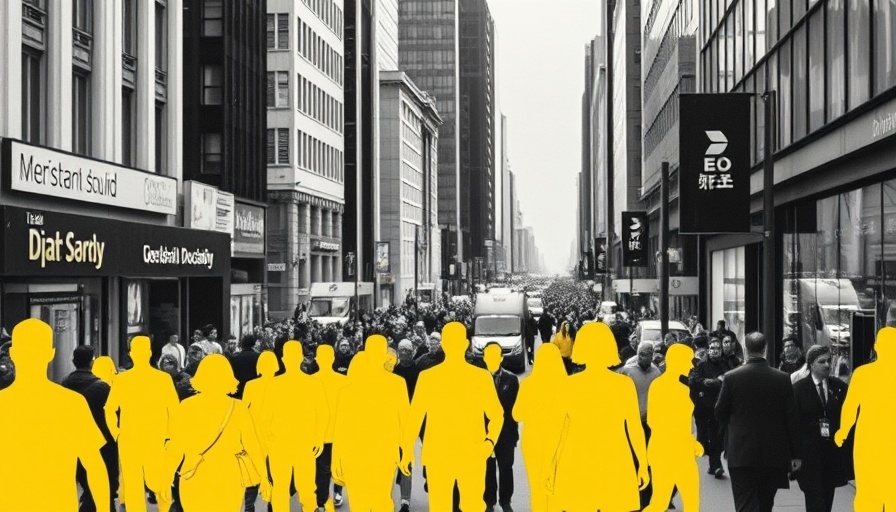
The Quest for Equity and Efficiency in Welfare Systems
The pursuit of fairness in artificial intelligence (AI) has gained unprecedented urgency as society grapples with the integration of these technologies into vital decision-making processes. The recent experiment in Amsterdam to develop a fair welfare AI—dubbed "Smart Check"—illustrates both the potential and the perils of using algorithms to determine welfare eligibility and investigate potential fraud. This initiative aimed to address the longstanding issue of discriminatory algorithms that have, in various cases globally, unfairly targeted marginalized groups.
Voices from Both Sides: Perspectives on Smart Check
The dialogue surrounding Smart Check has highlighted the radically different views on the implementation of this technology. Advocates like Paul de Koning, who managed the pilot phase of the project, believed it could improve efficiency and mitigate bias. This sentiment reflects a growing belief that, with the right safeguards, AI can enhance the delivery of public services. Yet, opponents like Hans de Zwart express deep concerns over the fundamental ethical implications of using automated systems that potentially affect real people's lives. De Zwart's critiques emphasize that even with technical safeguards in place, the challenges in processing human complexities through algorithms remain daunting.
The Global Landscape: AI Fairness Challenges
This ongoing debate in Amsterdam mirrors a broader international landscape where AI systems have been criticized for their biases. Previous examples include the wrongful exclusion of nonwhite job applicants from automated hiring processes in the United States and families erroneously flagged for abuse investigations in Japan. These instances reveal essential lessons that decision-makers across industries must consider as they integrate AI into their strategies. Effectively deploying AI demands not only technical expertise but also a nuanced understanding of human values and social justice.
Lessons Learned: Feedback and Adaptation
One of Smart Check’s key strategic pillars was its commitment to expert consultation and bias testing—a practice that should serve as a benchmark for future AI deployments. Engaging with affected communities is critical to understanding the ramifications of AI decisions. Transformation in public services through technology requires not just innovation but also genuine collaboration, accountability, and responsiveness to feedback. Continuous adaptation of these systems is necessary to build trust and ensure equitable outcomes.
Future Insights: Are We Ready for Ethical AI?
As we look ahead, the question remains: can algorithms ever be genuinely fair? The case of Amsterdam’s Smart Check emphasizes that while the quest for equitable AI is essential, it is fraught with complexities. AI can theoretically minimize biases and enhance efficiencies, but there remain significant challenges that must be addressed through ethical frameworks and regulatory oversight. Executives and decision-makers must remain vigilant about the balance between efficiency and equity as they steer their organizations toward embracing AI.
In an era where technology is rapidly evolving, understanding the intricate interplay between AI and human values is no longer optional for leaders. As they begin to incorporate these technologies into their frameworks, they must prioritize ethical considerations, ensuring that advancements do not come at the cost of social justice.
Actionable Steps for Industry Leaders
For executives navigating the integration of AI within their organizations, adopting a holistic approach is crucial. Here are several actionable insights:
- Engage Stakeholders: Consistently involve community stakeholders in the development of AI systems to gather diverse insights on implementation.
- Prioritize Ethical Standards: Implement robust ethical guidelines to govern AI strategies to mitigate discrimination risks.
- Invest in Continuous Training: Ensure that teams are equipped to adapt to the evolving nature of AI systems, focusing on both technical skills and ethical considerations.
Ultimately, as the technology landscape continues to change, proactive measures grounded in ethical frameworks will define the future of AI in welfare systems and beyond.
 Add Row
Add Row  Add
Add 




Write A Comment